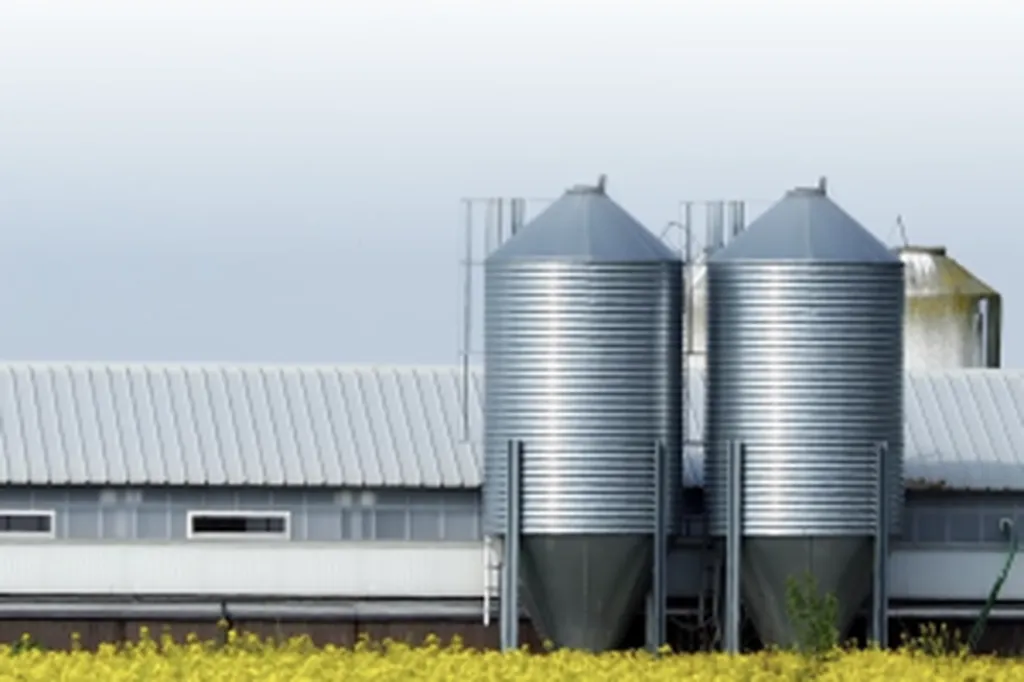BinSentry, a company specializing in AI-driven feed inventory management, has secured $50 million in Series C funding led by Lead Edge Capital, marking a significant milestone in the agtech sector’s push toward automation and data-driven efficiency. The investment comes on the heels of a year of rapid expansion, with the company now monitoring over 40,000 feed bins across North America and Brazil—all while maintaining a 0% customer churn rate.
At its core, BinSentry’s technology replaces manual feed inventory checks with solar-powered, self-cleaning sensors that deliver 99% accurate, real-time data. This precision allows feed mills and large agricultural enterprises to optimize supply chains, reduce waste, and prevent costly outages. Major industry players like Cargill, Wayne-Sanderson Farms, and Hanor already rely on the platform, which integrates with a mobile dashboard to improve demand forecasting and operational efficiency.
The funding will accelerate BinSentry’s global expansion, building on recent momentum that includes a formalized partnership with Cargill in Brazil, where the agribusiness giant will serve as the exclusive distributor of BinSentry’s platform. The company’s growth—doubling year-over-year—reflects broader trends in agtech, where automation and AI are increasingly seen as essential tools for addressing inefficiencies in food production.
“Large agricultural companies need better tools for cost savings, forecasting, and operational efficiency,” said Aaron Darr, Principal at Lead Edge Capital. His firm’s investment underscores a growing confidence in agtech solutions that deliver measurable ROI, particularly as the sector matures. BinSentry’s model, which includes flexible pricing options like no upfront costs and a lifetime product warranty, further aligns with enterprise demands for low-risk, high-impact innovation.
The addition of Paul Bell, a former Dell executive with deep experience in scaling global operations, to BinSentry’s board signals the company’s ambition to navigate complex enterprise partnerships. His expertise could prove critical as BinSentry expands into new markets, where supply chain visibility remains a persistent challenge.
Industry analysts project the global agtech market to reach $28 billion–$33 billion by 2026, driven by demand for precision agriculture and data-driven decision-making. BinSentry’s traction in a historically underserved niche—feed logistics—positions it as a key player in this growth. By turning real-time data into actionable insights, the company is helping agricultural enterprises reduce feed waste, lower transportation costs, and improve profitability—outcomes that resonate in an industry under pressure to do more with fewer resources.
For now, BinSentry’s focus remains on scaling its technology while maintaining its track record of customer retention. As agtech continues to evolve, its success may well serve as a blueprint for how AI and automation can transform even the most traditional segments of agriculture.

